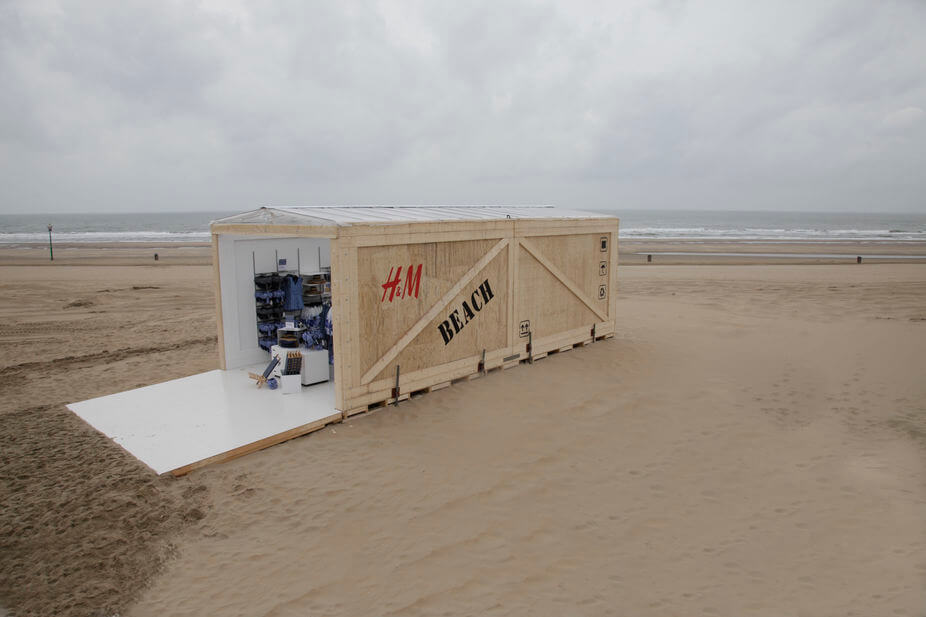Hosting a conference is a huge investment for your business — not only does it cost money, but it takes quite a bit of time too. And for first-time planners, it can be even tougher to figure everything out. Newbies often get stuck on the small details and forget about the main picture — to the detriment of the event they’ve planned.
Still, whether you’re planning your first or your 50th business conference, you can always use a little help and guidance in doing so. To make the money and time spent worth your while, here are eight tips for hosting your next large-scale professional gathering.
1. Cover the Basics
Your first step in planning any event is to lay out the basics. First, you need to figure out your why, or the reason you want to host a conference and what you think you have to offer that other conferences do not.
Then, check off the event-planning basics. When will it happen? How long will each session last? How much will your space cost, and how many people need to attend to make it cost-effective? Know these facts before diving into any further conference planning.
2. Pinpoint Media Partners
To drum up interest for your conference, you should seek out media partners who can help you spread the word. Brainstorm the publications, podcasts and websites that are relevant to your industry. Come up with ways to make a mention of your impending conference beneficial to them — you might offer them speaking time or a breakaway session of their own, for example. Together, you can draw in conference attendees.
3. Find the Right Team
You probably won’t be able to pull off a business conference on your own. Before the event, you’ll need a planning team to figure out many of the logistics described above. They’ll work closely with an administration team, who keeps an eye on the budget and timeline. The marketing team will build the buzz for your event, and on the day(s) of the conference, you’ll have volunteers or event staff on hand to make sure everything goes smoothly.
4. Prepare Your Materials
Long before the big event, you’ll want to have all of the day’s materials printed out, organized and bundled for each attendee. Therefore, you’ll have to think about them long in advance. This step especially applies to the welcome packet you’ll likely send to those who sign up. If you want to make part of this process simpler, think digital — you can send out digital tickets to your event, for instance, to save money and resources, protecting the earth to boot.
5. Set the Tone
As the event’s organizer, it’s your job to set everyone on the course to success. It’s also up to you to make sure everyone’s working in an environment that’s as stress-free and motivational as possible. Set the mood for the entire planning and execution with your own words and actions. To that end, make sure you choose team leaders and members who reflect your attitude and work ethic so that you can maintain the right vibe.
6. Find the Right Speaker
Most conferences revolve around the draw of a speaker or two or three. It’s up to you to bring in the talent, and it can be a tough task. Even if you find the right person — someone established in your field or a rising star in the world of public speaking — it can be tough to loop them in. Be willing to pay a hefty price for speakers, but also walk away when you know you’re not getting a fair deal.
You can also entice potential speakers with money and services, such as web design, video editing or something similar if your business has expertise applicable to their business.
7. Come up With a Smart Sequence
Some conference planners put lots of thought into the speakers, location and schedule, but they do little to ensure their event is a cohesive program. Think about how the speakers flow with one another — can you create a narrative or message with the order of speakers? To follow this step effectively, make sure you know exactly what each speaker or presenter will cover before you piece together the day’s schedule. That way, you can ensure the timing of it all makes sense.
8. Plan — and Attend — With Care
Once your conference starts, you can’t go back and re-plan anything. Piece it all together with care so that you have no regrets on the day. To that end, make sure you have time to attend and truly enjoy the event you’ve put together. Try not to be too hard on yourself or your inclinations in organizing it the way you did. Finally, thank everyone who showed up — they made your vision come to life, and they may have helped you cement your conference as a multi-location or annual event.
Gather and Succeed
With these eight steps in mind, you should be well on your way to planning a successful business conference. Start brainstorming and go from there — you’ll be surprised at all you and your team will be able to accomplish.
By Scott Huntington
Scott Huntington is a writer from Harrisburg PA. Find his work on Business Insider, Yahoo Autos, Time, INC, and more. Follow him on Twitter @SMHuntington.





